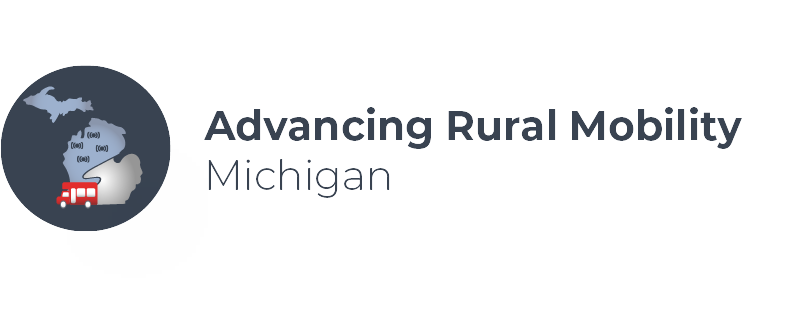

About

The Advancing Rural Mobility Program seeks to improve transit trip planning in rural areas and provide access to static and real-time public transit info for passengers.
The availability of public transit service data varies agency-by-agency and is largely unavailable in rural areas, which are primarily served by demand-response transportation. Many agencies need more expertise and resources to establish and sustain data feeds.
MDOT and Michigan’s rural transit agencies are partnering to deploy technology and bolster technical proficiencies that generate publicly accessible General Transit Feed Specification (GTFS) data, enabling integration with public and private trip-planning tools.
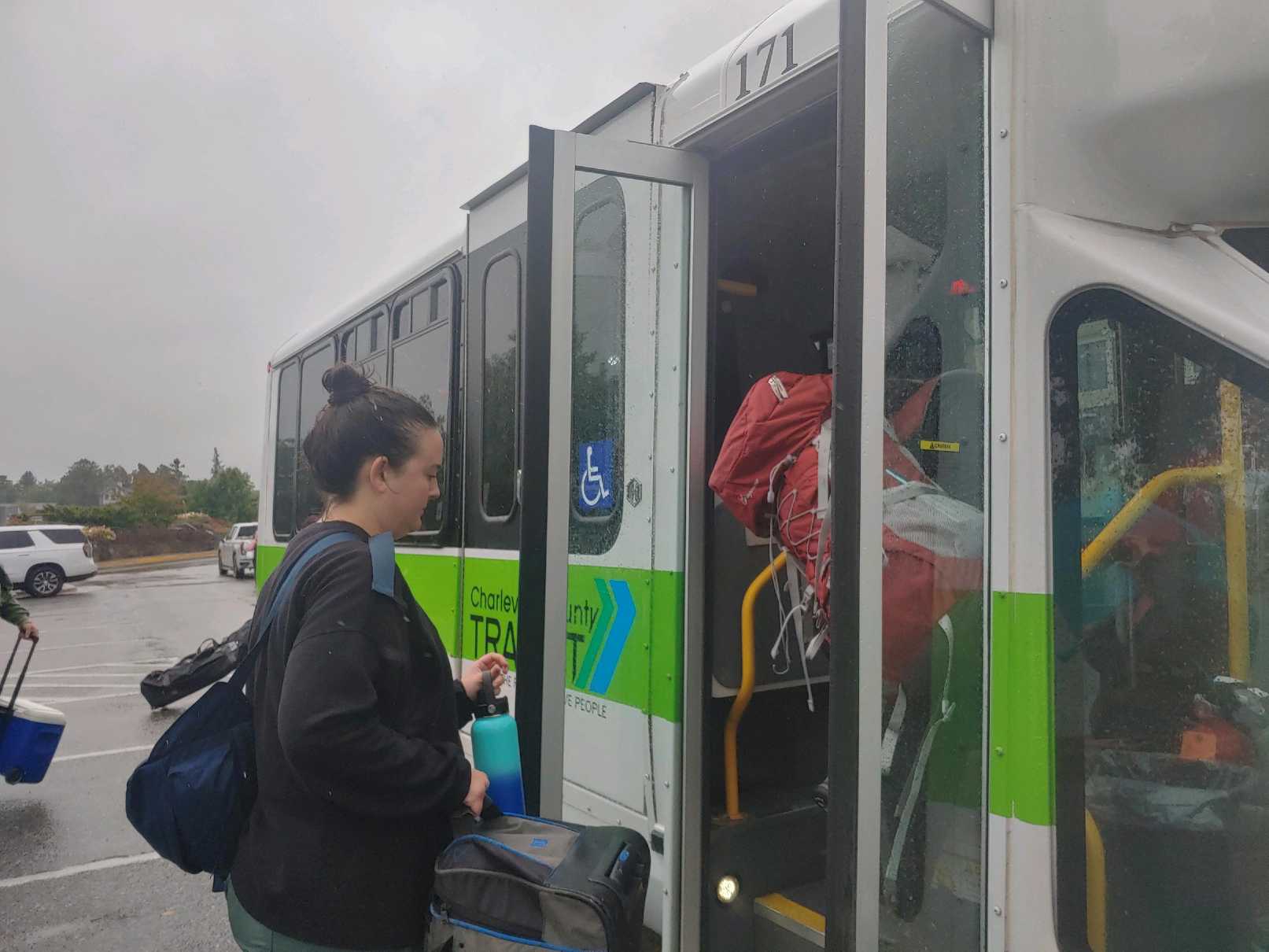

This program is funded through a grant provided by the U.S. Department of Transportation’s Strengthening Mobility and Revolutionizing Transportation (SMART) program. The SMART program was established to provide grants to public sector agencies to conduct projects focused on advanced smart community technologies and systems to improve transportation efficiency and safety.
Pilot Partners
MDOT’s OPT is partnering with four agencies for the pilot phase of the Advancing Rural Mobility Program: Benzie Transportation Authority, Cadillac/Wexford Transit Authority, Charlevoix County Transit, and Roscommon County Transportation Authority.
These four rural transit agencies are more advanced in terms of technology readiness than many of their peers, making them good candidates to pilot GTFS-flex to better understand how to expand this data to agencies across Michigan.
01
Benzie Transportation Authority
The Benzie Transportation Authority, also known as Benzie Bus, fosters independence and prosperity by providing a secure and convenient public transportation network in Benzie County, Michigan. Benzie Bus offers airport service, regional transportation options, non-emergency medical transportation, health rides, and package delivery.
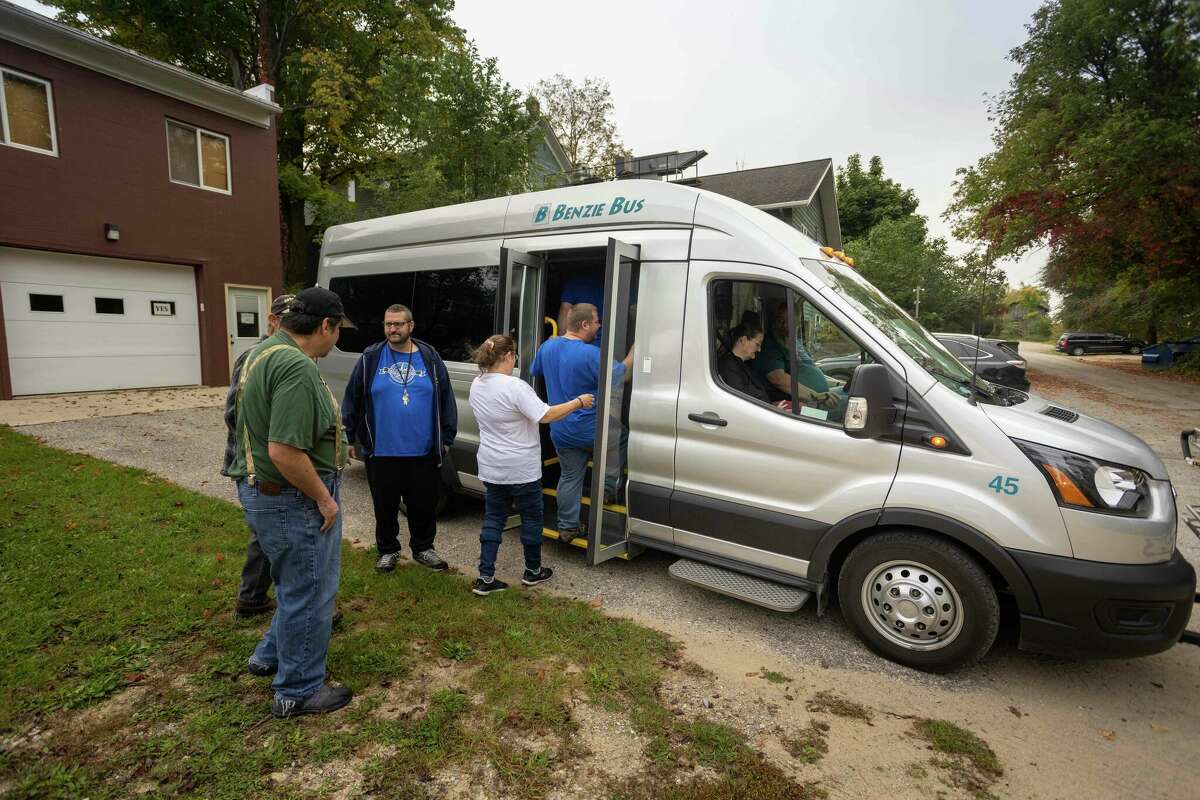
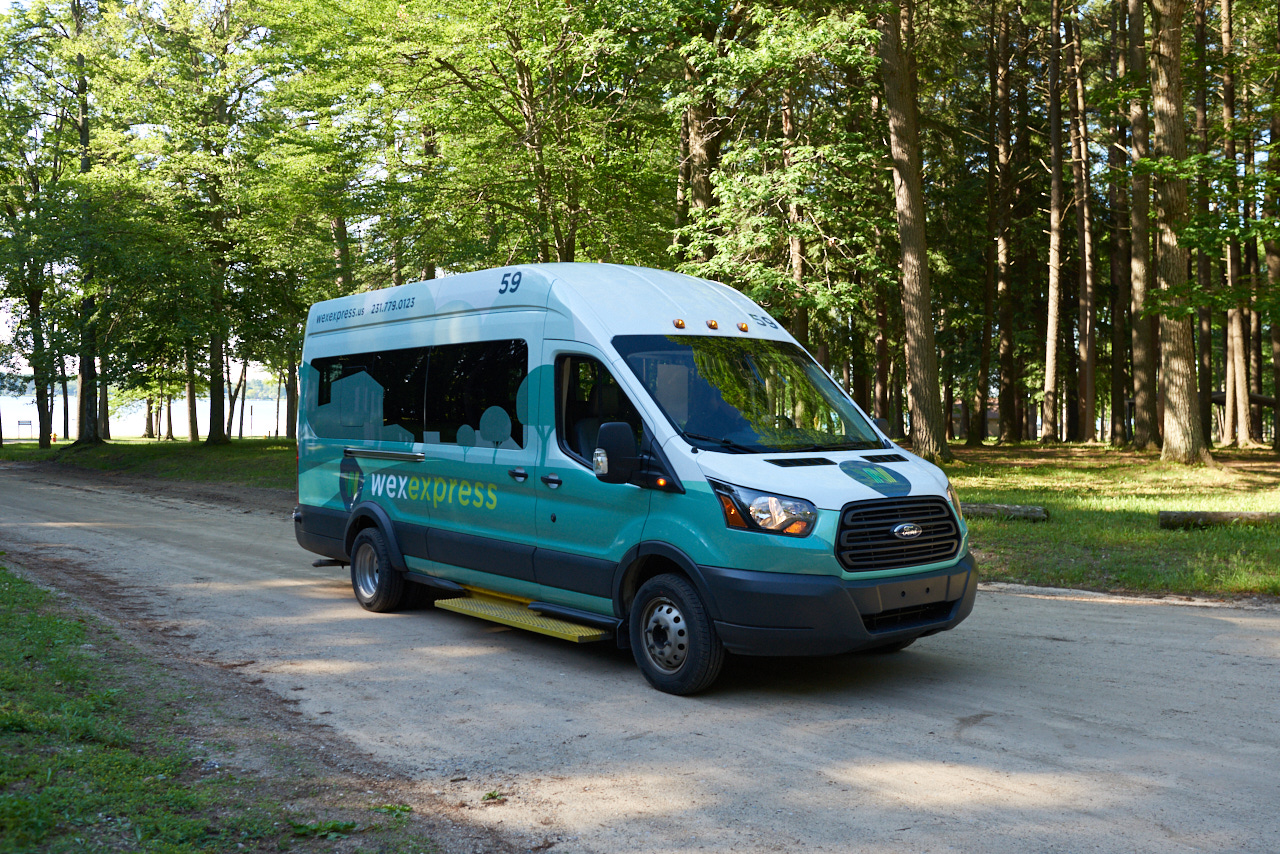
02
Cadillac/Wexford Transit Authority
Cadillac Wexford Transit Authority, known as WexExpress, offers door-to-door public transit across Wexford County, which spans over 575 square miles. WexExpress offers several types of service including demand response, flex routes to neighboring counties, non-emergency medical transportation, and contract service for community mental health.
03
Charlevoix County Transit
Charlevoix County Transit provides safe, affordable, and friendly transportation throughout all of Charlevoix County. Specializing in Demand Response, Charlevoix County Transit provides medical trips to local and out of county hospitals and care facilities.
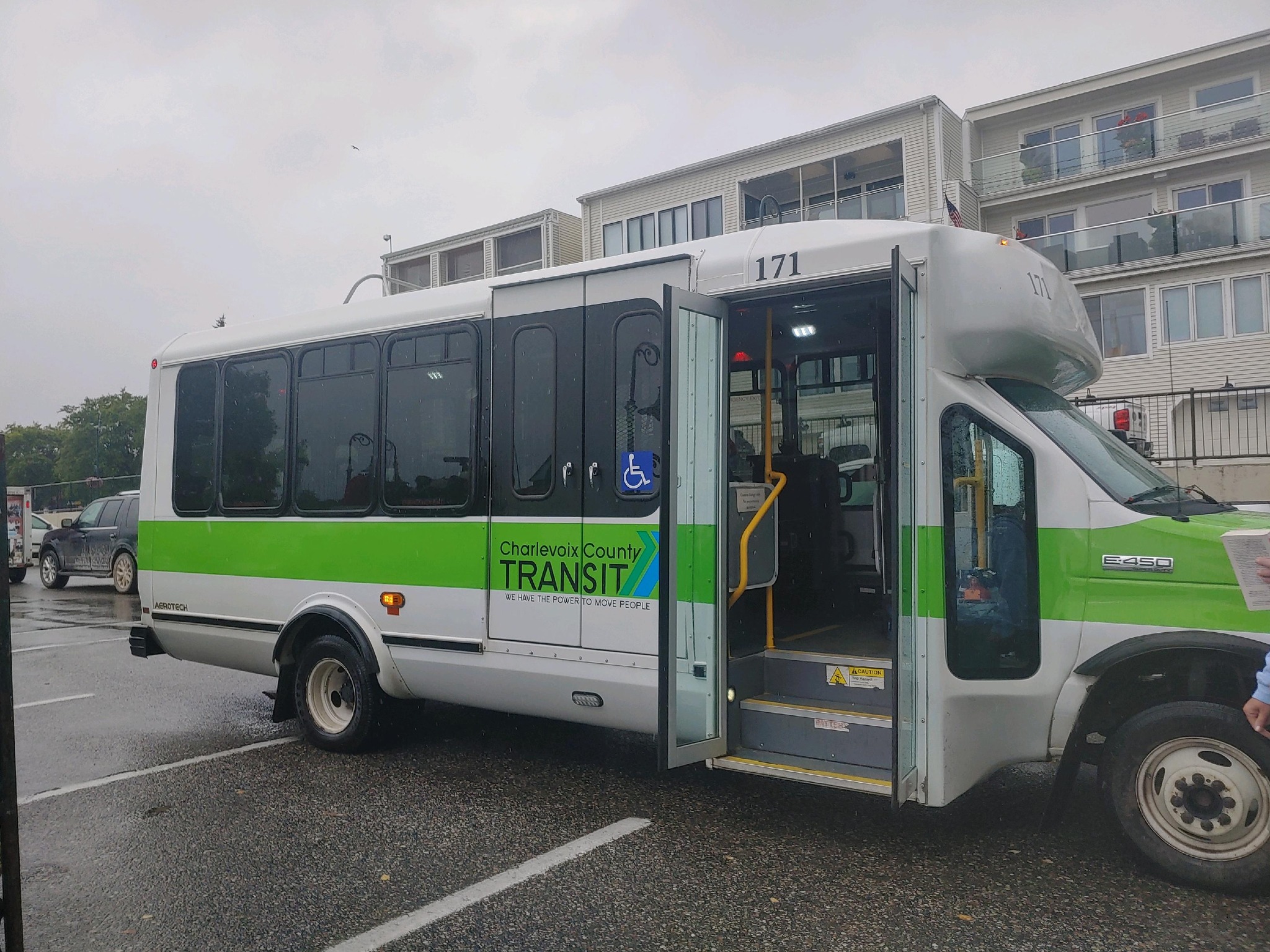

04
Roscommon County Transportation Authority
The Mission of the Roscommon County Transportation Authority is to be the premier public transit provider committed to safety, courtesy, quality, responsiveness, efficiency and innovation.
Glossary
Advancing Rural Mobility Program
The Advancing Rural Mobility Program seeks to create open standard data to provide access to reliable public transit information in rural communities, addressing a data gap that creates a barrier to mobility.
Demand-Response Transportation
Any flexible or non-fixed route service that takes a traveler from a custom origin point or to a custom destination (or both), and may require advanced scheduling or booking.
Fixed-Route Transportation
A transportation system that operates on a predetermined route and schedule.
General Transit Feed Specification (GTFS)
General Transit Feed Specification (GTFS) is an open standard used to distribute relevant information about transit systems to riders.
It allows public transit agencies to publish their transit data in an easily digestible format that various software applications can use.
GTFS-Flex
A general transit feed specification that allows demand-response services to be discoverable in trip planning platforms.
General On-Demand Feed Specification
The General On-Demand Feed Specification (GOFS), also known as GTFS-On Demand, is a developing open standard that aims to standardize the data components of on-demand transportation. This specification addresses various aspects related to on-demand services, making it easier for travelers to plan their trips and integrate services.
Non-Emergency Medical Transportation (NEMT)
A type of demand-response transportation service provided to individuals who are not in an emergency situation, but need more assistance than a taxi service can provide. Service providers are specially equipped to transport riders in wheelchairs, stretchers, or with other special needs.
Open Standard
A specific format used in mobility to facilitate consistent communication of information across agencies and devices.
Transactional Data Specifications (TDS)
The data specification counterpart that describes the necessary information for making reservations, scheduling trips, and dispatching vehicles between systems. For example, origin and destination of traveler and time of requested pickup.
Transportation Network Companies (TNCs)
A company or organization that provides transportation services using an online-enabled platform to connect passengers with drivers using their personal vehicles, such as Uber and Lyft. Also known as a ride-hailing company.